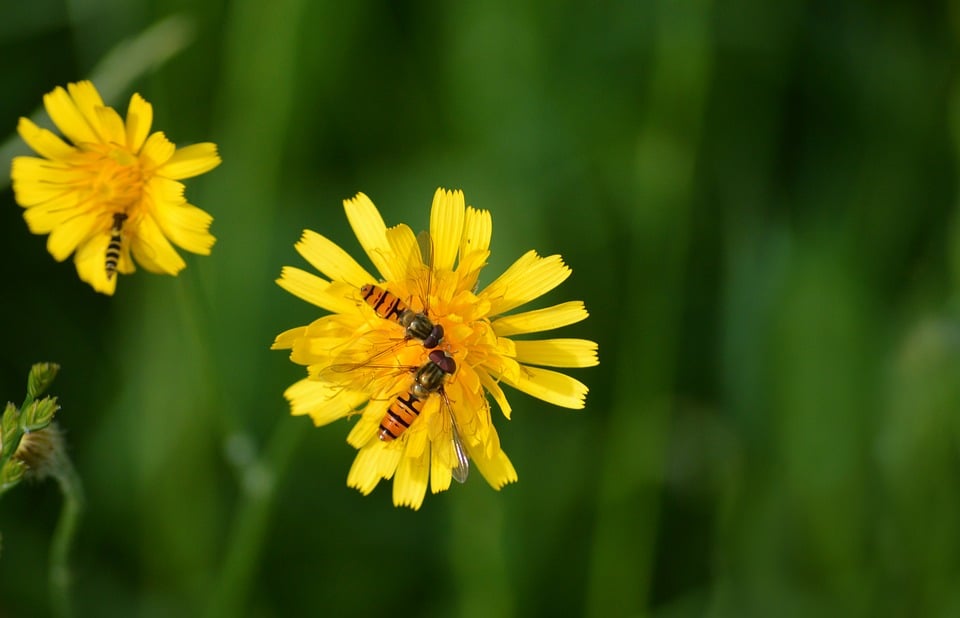[ad_1]
In a rapidly changing world driven by technological advancements and globalization, the importance of preserving and embracing our heritage has never been more crucial. Traditional practices, handed down from generation to generation, offer a glimpse into our rich cultural history and provide a sense of identity and belonging in an increasingly interconnected society. In this article, we will delve into the significance of traditional practices in modern society, exploring their historical context, current state, and future possibilities.
Historical Context
Traditional practices have long played a vital role in shaping societies around the world. From indigenous rituals to age-old crafts, these practices are deeply ingrained in the fabric of cultures and communities. They serve as a means of passing on knowledge, values, and customs from one generation to the next, creating a sense of continuity and belonging. In many cases, traditional practices are closely tied to spirituality, folklore, and the natural world, reflecting the unique worldview of a particular society.
Key Points:
– Traditional practices have roots that stretch back centuries, reflecting the cultural heritage of a community.
– These practices often serve as a form of cultural expression, preserving unique customs and beliefs.
– Traditional knowledge is passed down orally or through practical experience, ensuring its sustainability over time.
Current State
In the face of rapid urbanization and globalization, many traditional practices are at risk of being lost or forgotten. As younger generations gravitate towards modern conveniences and digital distractions, there is a growing concern about the erosion of cultural heritage. However, there is also a renewed interest in reviving and preserving traditional practices, driven by a desire to reconnect with our roots and preserve the diversity of human expression.
Case Study: The Revival of Traditional Crafts
One example of the revival of traditional practices can be seen in the resurgence of traditional crafts such as pottery, weaving, and carpentry. Artisans and craftsmen are rediscovering age-old techniques and materials, creating unique and sustainable products that resonate with consumers seeking authenticity and craftsmanship. By blending traditional skills with contemporary design sensibilities, these artisans are breathing new life into ancient practices and ensuring their survival for future generations.
Expert Insight:
According to Dr. Maria Lopez, a cultural anthropologist specializing in heritage preservation, “Traditional practices are not just relics of the past; they are living traditions that have the power to inspire and enrich our lives. By embracing our heritage, we can create a more inclusive and sustainable future for all.”
Future Predictions
As we look to the future, the role of traditional practices in modern society is poised to evolve and adapt to new challenges and opportunities. In an increasingly interconnected world, there is a growing recognition of the value of cultural diversity and the need to preserve and promote traditional knowledge. From sustainable agriculture practices to indigenous healing traditions, traditional practices have much to offer in addressing pressing global issues such as climate change, biodiversity loss, and social inequality.
Key Trends:
– The integration of traditional practices into mainstream industries such as healthcare, agriculture, and design.
– The use of digital technologies to document, preserve, and transmit traditional knowledge to a wider audience.
– The rise of grassroots movements and community-led initiatives to safeguard and promote traditional practices at the local level.
Conclusion
In conclusion, the role of traditional practices in modern society is multifaceted and complex, reflecting the intricate tapestry of human culture and history. By embracing our heritage and valuing the wisdom of our ancestors, we can forge a more sustainable and inclusive future for all. As we navigate the challenges of the 21st century, let us remember the power of traditional practices to inspire, educate, and connect us to our shared humanity. Thank you for joining us on this exploration of heritage, and we invite you to continue your journey of discovery with further resources on traditional practices and cultural preservation.
[ad_2]
